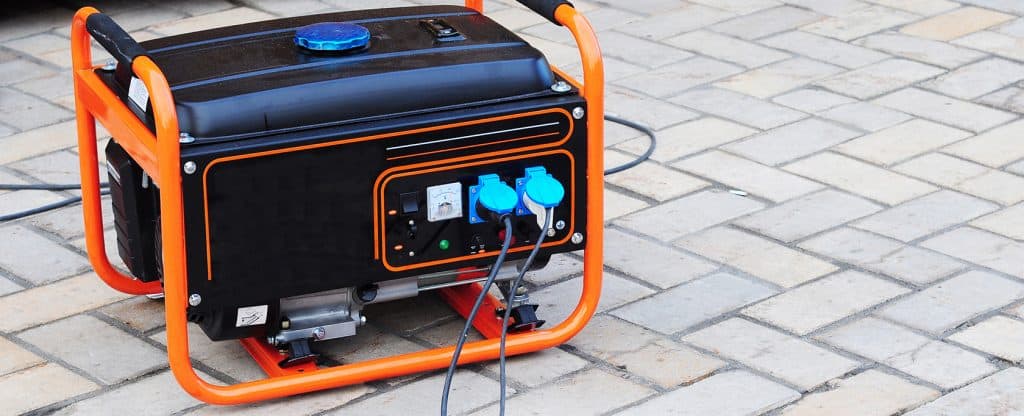When Hurricanes Charley, Frances, Ivan, and Jeanne struck in 2004, several million utility customers in Florida lost power, some for as long as two weeks, and according to a 2007 study in the American Journal of Preventive Medicine, an estimated 18% to 54% of these households used a generator.
Along with such widespread generator use, however, came a significant increase in cases of carbon monoxide (CO) poisoning. In fact, six deaths due to CO poisoning were reported in Florida in the days following the storms.
Portable, gasoline-powered generators are the usual culprit behind CO poisoning, as users are often tempted to operate portable generators indoors or in a garage. The US Consumer Product Safety Commission, however, reports that the CO emissions from a single 5-kilowatt generator can equal that of up to six idling vehicles. Would you leave six cars running in your home, in your garage, or even outside an open window overnight? Bad idea.
Aside from the risk of CO poisoning, dangers such as fires, electric shock, and appliance damage come with generator usage as well. Here are some tips from Florida Power & Light and OSHA that will keep you safe while keeping your lights on:
CO Poisoning
- Never use a generator indoors or in enclosed spaces such as garages, crawl spaces, and basements.
- Make sure a generator has 3 to 4 feet of clear space on all sides and above it to ensure adequate ventilation.
- Do not use a generator outdoors if its placement near doors, windows, and vents could allow CO to enter and build up in occupied spaces.
- Install home CO alarms that are battery-operated or have battery backup. Test batteries frequently and replace when needed.
- If you or others show symptoms of CO poisoning, such as dizziness, headaches, nausea, or tiredness, get to fresh air immediately and seek medical attention. Do not re-enter the area until it is determined to be safe by trained and properly equipped personnel.
Electric Shock
- Never attach a generator directly to the electrical system of a structure (home, office, trailer, etc.) unless a qualified electrician has properly installed the generator with a transfer switch.
- Always plug electrical appliances directly into the generator using the manufacturer’s supplied cords or extension cords that are grounded (3-pronged).
- Use ground fault circuit interrupters (GFCIs), especially where electrical equipment is used in or around wet or damp locations.
- Make sure a generator is properly grounded and the grounding connections are tight.
- Do not use electrical equipment that has been submerged in water.
- Never try to power house wiring by plugging the generator into a wall outlet, a practice known as “back feeding.” It can lead to the electrocution of utility workers or neighbors served by the same utility transformer.
Fire
- Never refuel a hot generator or one that is running; hot engine parts or exhaust can ignite gasoline.
- Gasoline and other generator fuels should be stored and transported in approved containers that are properly designed and marked for their contents, and vented.
- Gasoline and other generator fuels should be stored and transported in approved containers that are properly designed and marked for their contents, and vented.
Appliance Damage
- Gasoline and other generator fuels should be stored and transported in approved containers that are properly designed and marked for their contents, and vented.
- Turn connected appliances on one at a time, never exceeding the generator’s rated wattage.
